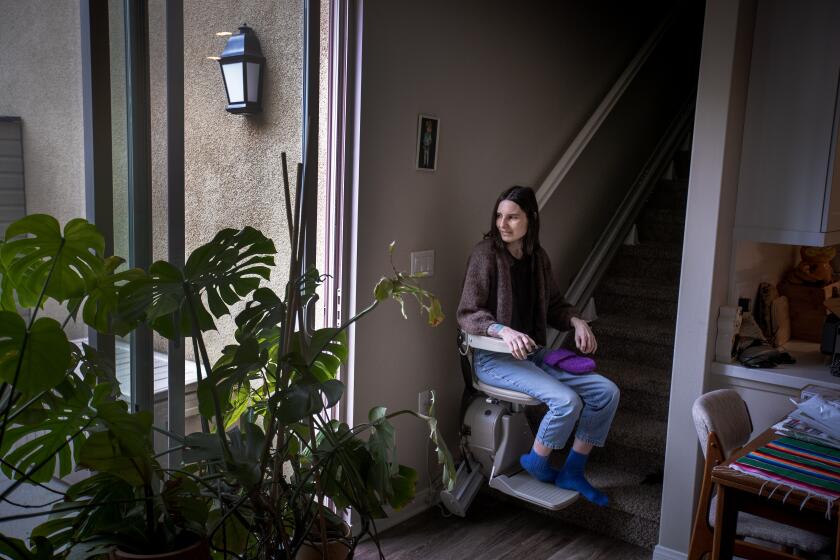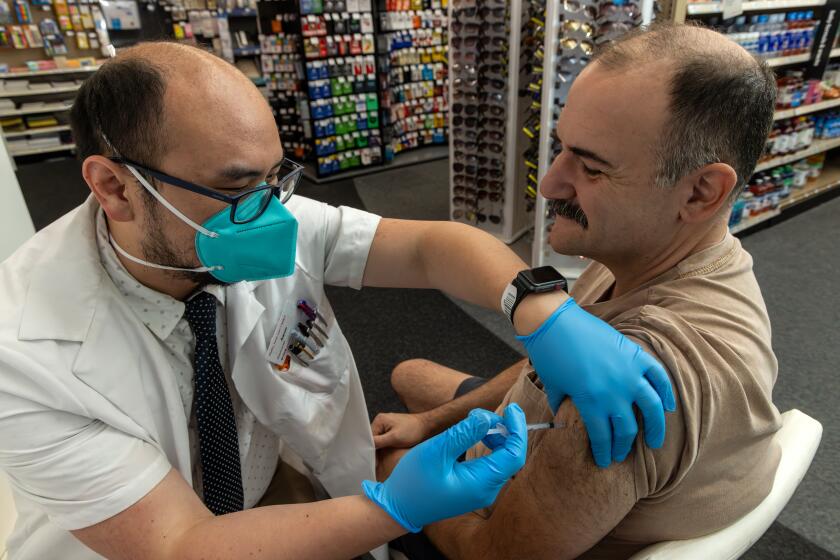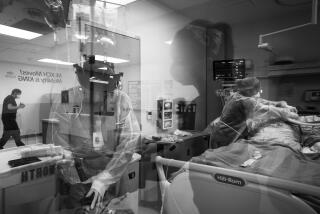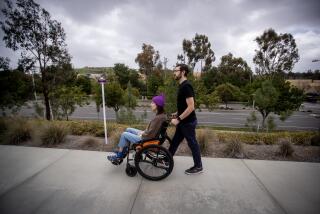Risk for chronic fatigue soars among those who had COVID-19, study says
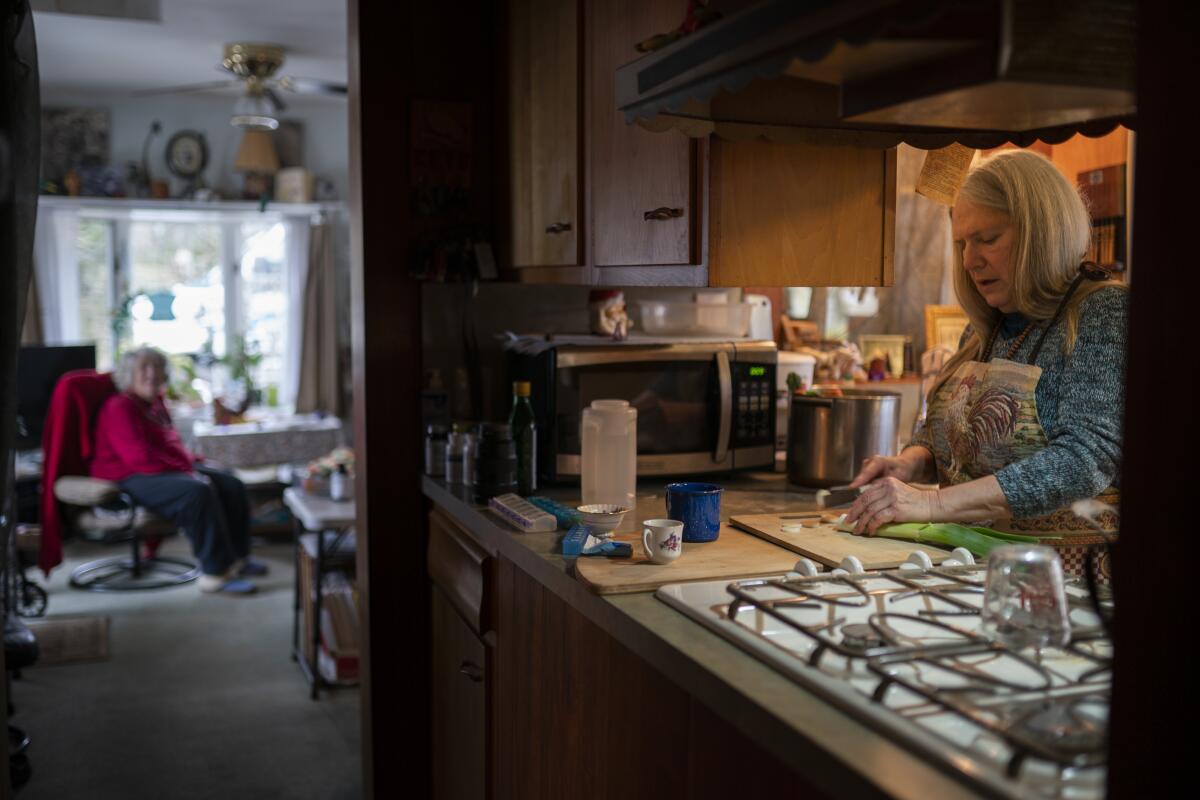
People who have had COVID-19 have a significantly higher risk of suffering chronic fatigue than those who havenât had the disease, a new study published Wednesday shows.
âOur data indicate that COVID-19 is associated with a significant increase in new fatigue diagnoses,â according to the study, published by the Centers for Disease Control and Prevention in the journal Emerging Infectious Diseases.
âPhysicians should be aware that fatigue might occur or be newly recognized [more than a year] after acute COVID-19,â the report said.
Specifically, the study looked at electronic health records of more than 4,500 patients in Washington state who had COVID-19 in 2020 and 2021 and compared them to patients who hadnât had COVID. The study found the risk for chronic fatigue in those who had COVID was about four times the risk compared to people who hadnât contracted COVID.
One in 10 people infected with the coronavirus during the Omicron era suffered from long COVID, indicating the syndrome remains a notable threat.
Scientists also looked at a more broad definition of fatigue, which includes chronic fatigue as well as diagnoses of weakness and malaise. The study found that the risk of fatigue among COVID-19 patients was 68% higher among people whoâd had COVID than those who hadnât.
Among the 4,589 COVID-19 patients in the study, scientists identified 434 as âincident fatigue cases,â in which the person was diagnosed with fatigue after recovering from COVID-19. Of those, 81 were also identified as having chronic fatigue, which is a subset of general fatigue.
The risk of chronic fatigue after COVID-19 was more common among women, older people and those who had other medical conditions, the study said.
The winter respiratory virus season may have hit its peak in California, with coronavirus levels in sewage and COVID-19 hospitalizations starting to decline.
The report illustrates the continuing burden of long COVID long after the emergency phase of the pandemic has ended. CDC survey data from last year said that up to 15% of U.S. adults had ever experienced long COVID and up to 6% of were currently experiencing long COVID.
Among those who have suffered long COVID â regardless of whether the person was hospitalized â fatigue is often a symptom.
Researchers for this study decided to focus on fatigue among COVID-19 patients because the symptom plays such a central role among those suffering from long COVID.
People who developed fatigue after COVID-19 had âfar worse clinical outcomes,â the report said. Among more than 400 patients who dealt with post-COVID fatigue, 25.6% were hospitalized at some point following an acute bout of COVID-19 during the studyâs time frame. By contrast, only 13.6% of more than 4,000 patients who didnât develop post-COVID fatigue were later hospitalized.
Patients who had post-COVID fatigue were also at a higher risk of dying than those who did not develop fatigue, the report said.
The report also cautioned that doctors be alert for COVID patients who have a history of mood disorders; such patients âare also at increased risk for post-COVID-19 fatigue,â it said.
Doctors say the risk of long COVID is further reason to take prudent steps to avoid a coronavirus infection, including avoiding sick people, taking a test to verify a COVID-19 diagnosis and staying home if you are ill but asymptomatic. Masking up in crowded indoor settings, staying up to date on vaccinations and taking antiviral drugs like Paxlovid when experiencing COVID-19 symptoms may also help reduce the risk of long COVID.
People can get infected with coronavirus multiple times, the CDC said, and âeach time a person is infected or reinfected ... they have a risk of developing long COVID.â
More to Read
Sign up for Essential California
The most important California stories and recommendations in your inbox every morning.
You may occasionally receive promotional content from the Los Angeles Times.
